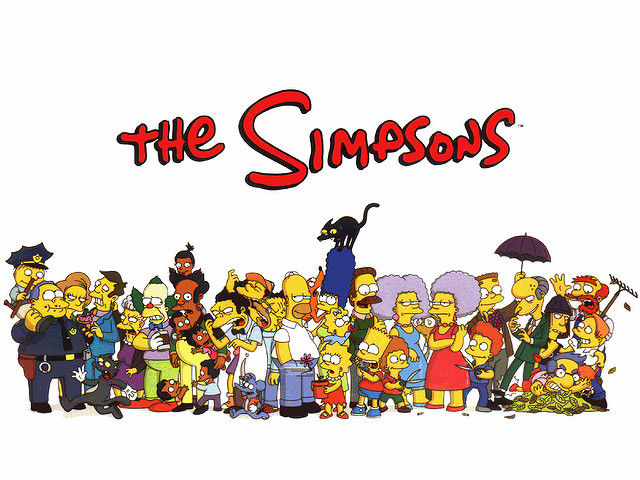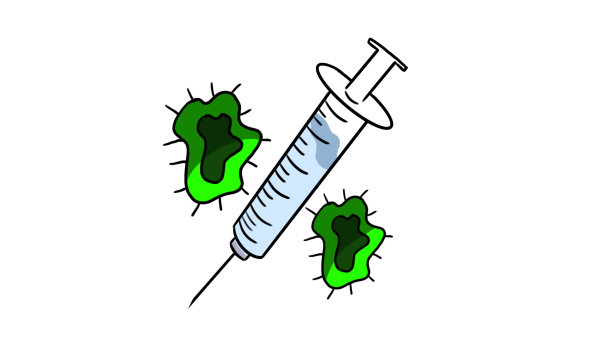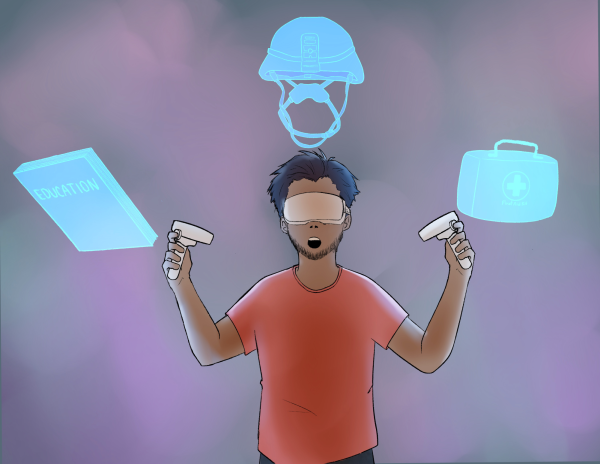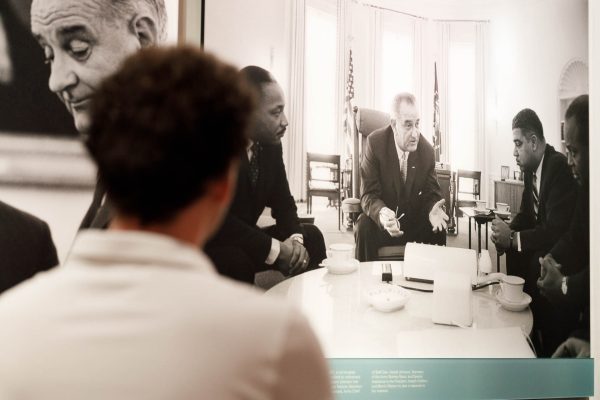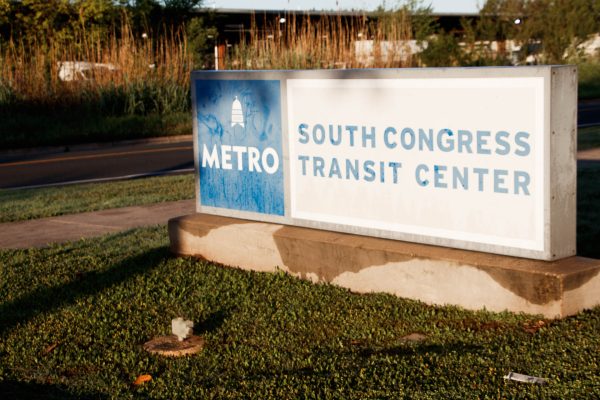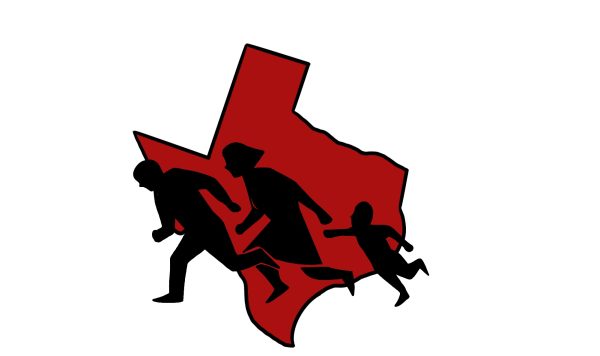‘The Simpsons’ fails to address issues of racist caricature in show
It can be hard for us to accept criticism sometimes, and that’s not unreasonable. Oftentimes, when someone comes to us with a critique of our behavior or actions, we end up taking it as a personal affront, get defensive and fail to adequately address the action that was at fault to begin with. This happens all the time, and that’s something that we can understand.
However, while it can be understood, it doesn’t mean that it’s acceptable, and that’s why “The Simpsons” is getting some backlash. In response to viewers claiming the character Apu Nahasapeemapetilon is a racist caricature, an episode recently aired in which Lisa, the young voice of reason on the show, says, “Something that started a long time ago, that was applauded and was inoffensive, is now politically incorrect. What can you do?” while the camera pans over to a picture of Apu on her bedside table.
First and foremost, this response is a cop-out on the part of “The Simpsons.” There is more than enough reason to find issue with Apu’s representation within the show, and people are right to raise their complaints about a character who has failed to change in the last 30 or so years. Rather than acknowledging that, however, the show has failed to keep up with the change of social expectations. They instead try to act as though people are finding issue with only the past portrayals, which is obviously not the case.
It would be one thing if these racist stereotypes of an Indian immigrant were solely relegated to episodes in the 90’s and early 2000’s even, but even now the show has continued to produce episodes which find humor in obviously racist caricatures. Even the casting of Apu has racist origins. In having a white man give a supremely stereotypical Indian accent for the character, “The Simpsons” shows that they aren’t concerned with giving this character any depth, meaning or humanity: he is simply reduced to his immigrant status.
Mind you, dialogue changes at a rapid rate, I understand that. Now more than ever, what is considered socially acceptable is changing as we form more comprehensive understandings of social issues like race, gender, sexuality, ability, etcetera, etcetera. Still, a part of being able to keep up with it is the willingness to accept criticism and acknowledge our shortcomings. If someone tries to criticize another’s actions, it’s not effective to go on the defensive or try to act as if there’s nothing that can be done. Rather, it’s best to take the time to truly reconsider one’s actions, maybe even do some research, and change accordingly. It’s one thing to do something harmful without intending to, but it’s another thing entirely to continue doing it after it’s been shown to be hurtful.
“The Simpsons” missed a very good opportunity to address an ongoing issue within their show, in fact, they likely made it worse by illustrating that they don’t particularly care to listen to the criticism raised by their viewers. I understand that what we consider socially acceptable changes fairly quickly, but we have to be open to criticism and change, otherwise we simply trap ourselves in the same harmful behavior.


